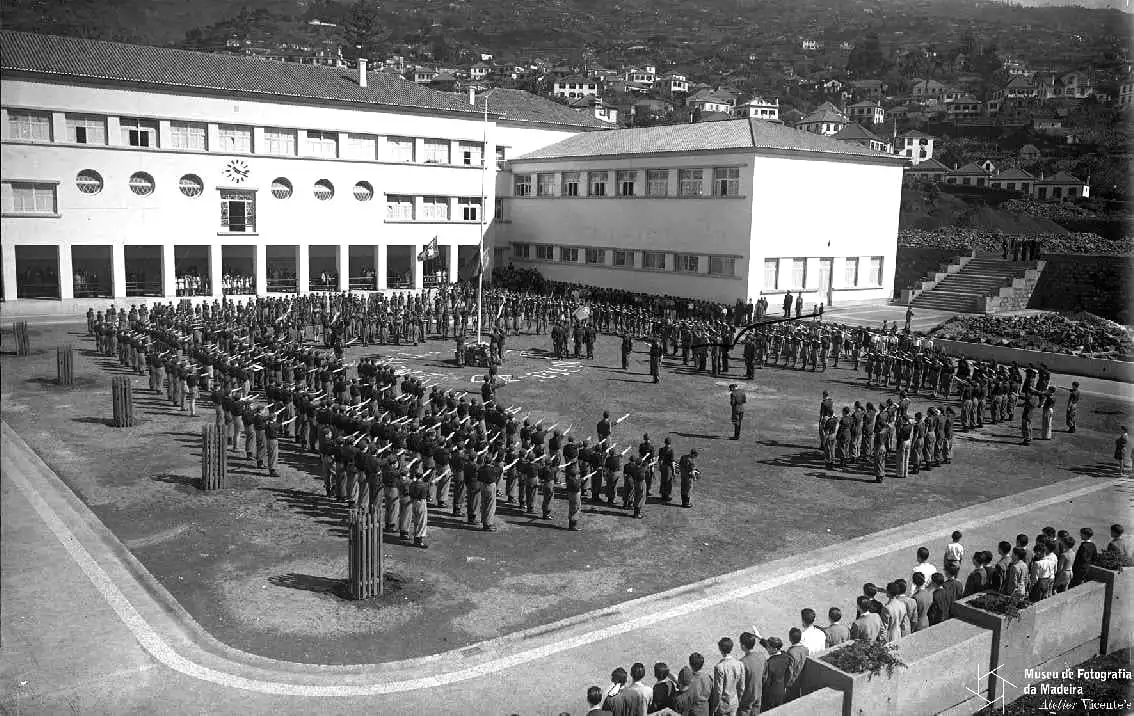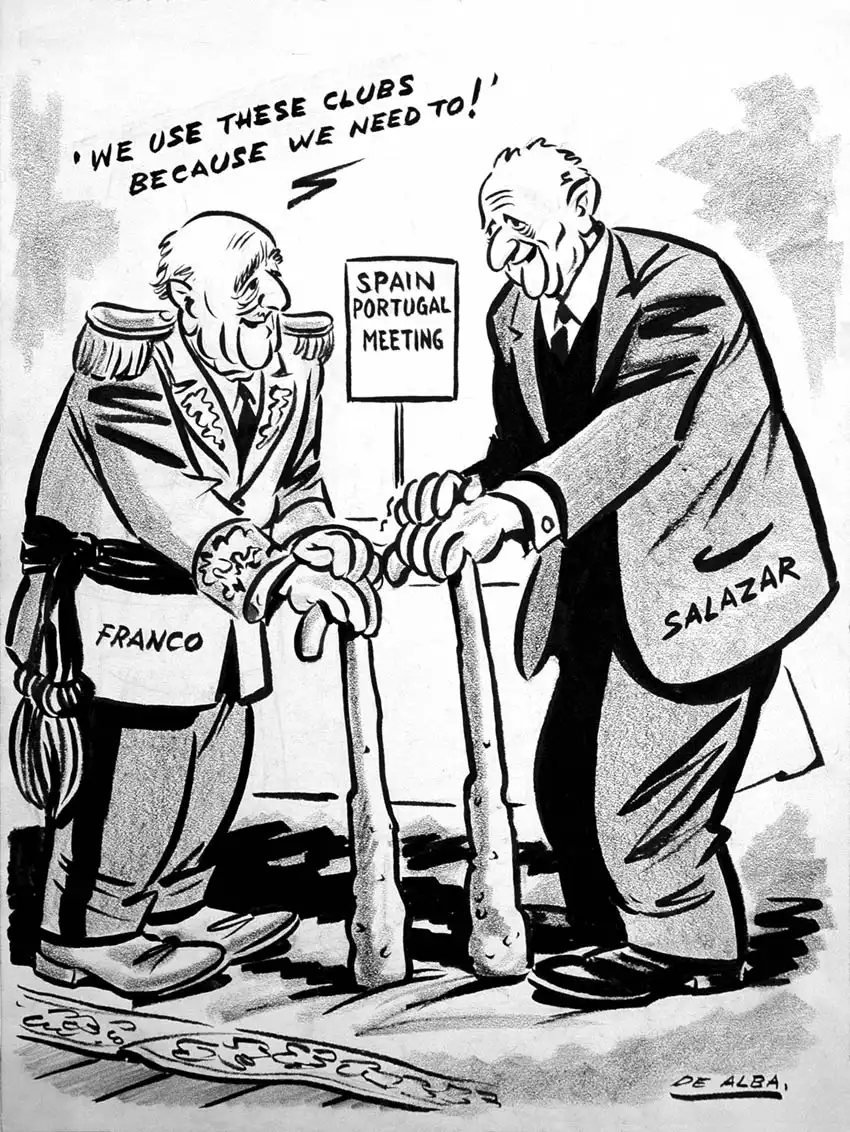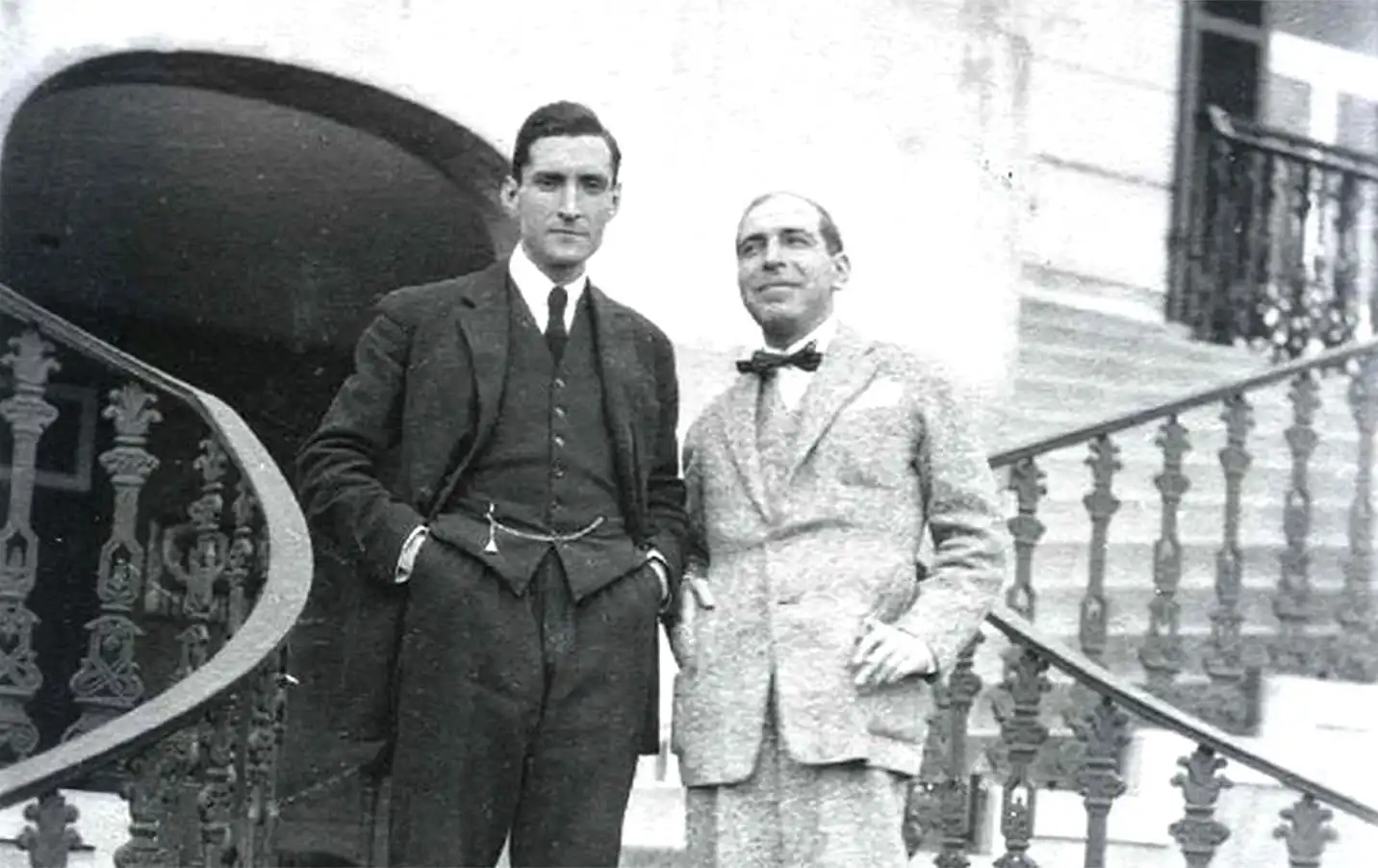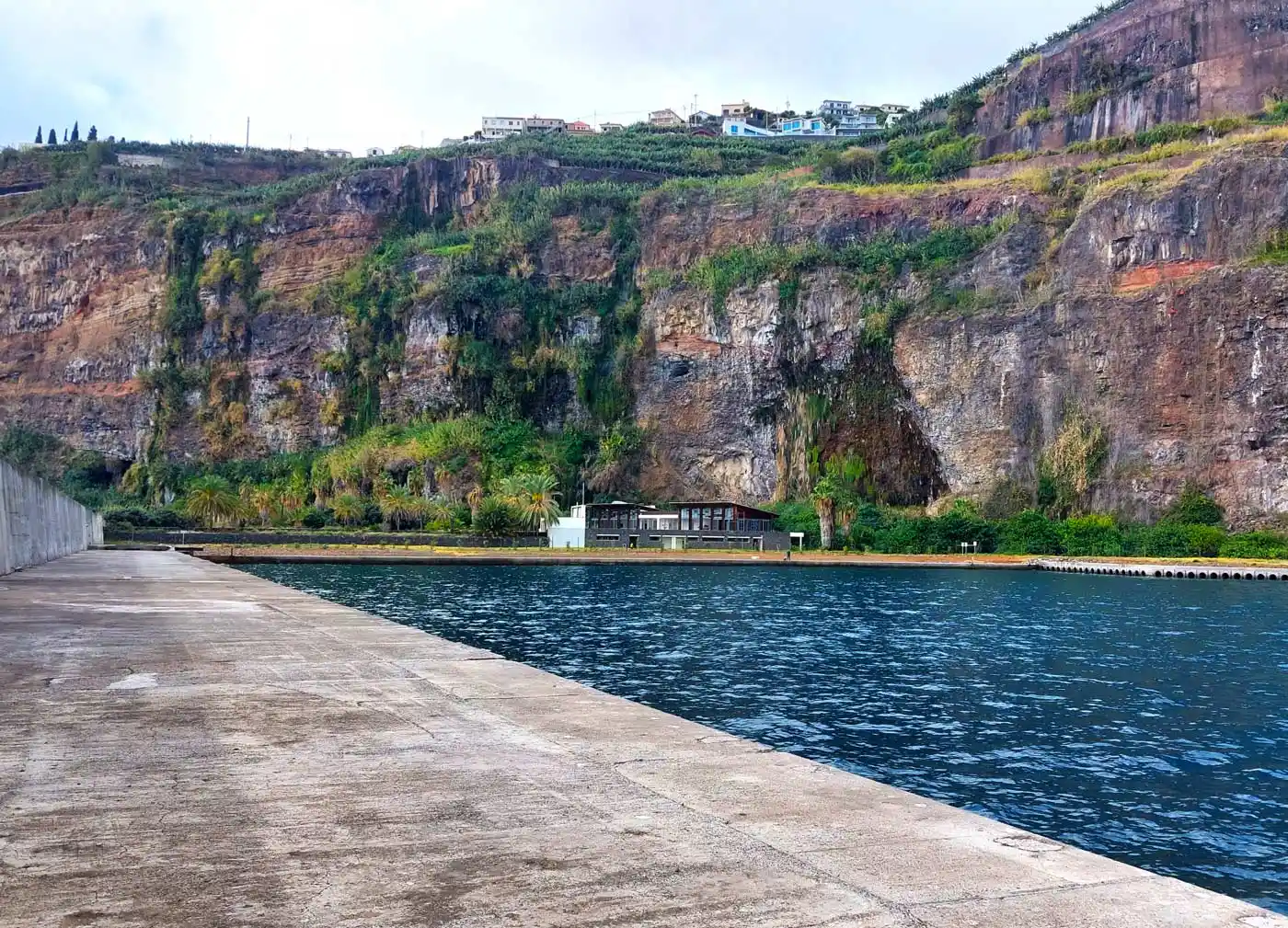Wake-Up Call for Portugal: Ventura Calls for “Three Salazars” During Visit to Madeira
André Ventura, the leader of Portugal’s far-right party Chega, said during his two day visit to Madeira that “three Salazars” would be enough to “rebuild Portugal.” The reference to António de Oliveira Salazar, the dictator who brutally ruled Portugal from 1932 to 1968.
“Only three Salazars are needed because they’ve let this turn into a complete mess,” Ventura said on Saturday while addressing supporters in Funchal. He accused Portugal’s political class of allowing corruption, drug problems, and weak border controls. “In Madeira, one or two (Salazar’s) would be enough to end the drug chaos,” he added.
The comments came as Ventura campaigned for the January 18 presidential election, in which he is running against former Admiral Gouveia e Melo, former Social Democratic leader Marques Mendes, and former Socialist leader António José Seguro.
“Only three Salazars are needed because they’ve let this turn into a complete mess,” Ventura said on Saturday while addressing supporters in Funchal. He accused Portugal’s political class of allowing corruption, drug problems, and weak border controls. “In Madeira, one or two would be enough to end the drug chaos,” he added.
Chega Wins São Vicente With 49.23% in October Vote
Ventura’s visit coincided with the inauguration of the new Chega-led government in São Vicente. The party won the local election on October 12 with 49.23% of the vote, defeating the PSD/CDS-PP coalition, which received 38.93%.
It was Chega’s first victory in local government in Madeira. The new executive, led by José Carlos Gonçalves, includes three Chega members and two from the PSD/CDS-PP coalition. Ventura attended the swearing-in ceremony on Saturday, praising the new administration for what he described as “cutting the free ride of those who’ve been living off public systems for years.”

Ventura Rejects Peaceful Carnation Revolution & Praises Dictator Instead
Ventura distanced himself from the ideals of the peaceful 1974 Carnation Revolution, known as “April,” which ended nearly five decades of the Estado Novo’s dictatorship and allowed for Portugal to have democracy and eventually apply for membership in the European Union.
“I am not the candidate of April, I am the candidate of Portugal,” he told supporters. “This is the candidacy of our values, the candidacy of Lusitania.” He argued that the revolution failed to solve the country’s problems, saying that while people “walked with carnations down the avenues shouting April, April, April,” many citizens suffered from poverty and emigration.
Ventura said Portugal had spent too long with its “head bowed and knees bent” and called for emigrant youth to return to what he called “the great homeland.”

Joaquín de Alba Carmona, CC BY-SA 3.0
Chega Profits of Corruption in Madeira
During his speech in Funchal, Ventura urged Chega’s mayors and local councilors to govern with integrity and to act against what he described as widespread corruption in local politics.
“The power of proximity is the power of influence, and in democracy that influence must be used properly,” he said. “Because influence can quickly turn into corruption, quickly turn into trafficking, and quickly turn into cronyism.”
Ventura’s rhetoric is modern, democratic-era spin on classic nationalist-authoritarian themes, and parallels Salazar in its glorification of national identity, critique of revolutionary change, and concern over social decline.
There is no ambiguity in his message: he honors a leader who kept Portugal isolated, impoverished, censored and under strict dictatorship for many decades. He claims this is because he wants to restore what he sees as the country’s lost discipline, authoritarian order, and traditional values.
Source: RTP Madeira
Image: António de Oliveira Salazar and Mário de Figueiredo in the Monte Palace Hotel, Madeira, Portugal, in April 1925.






Comments